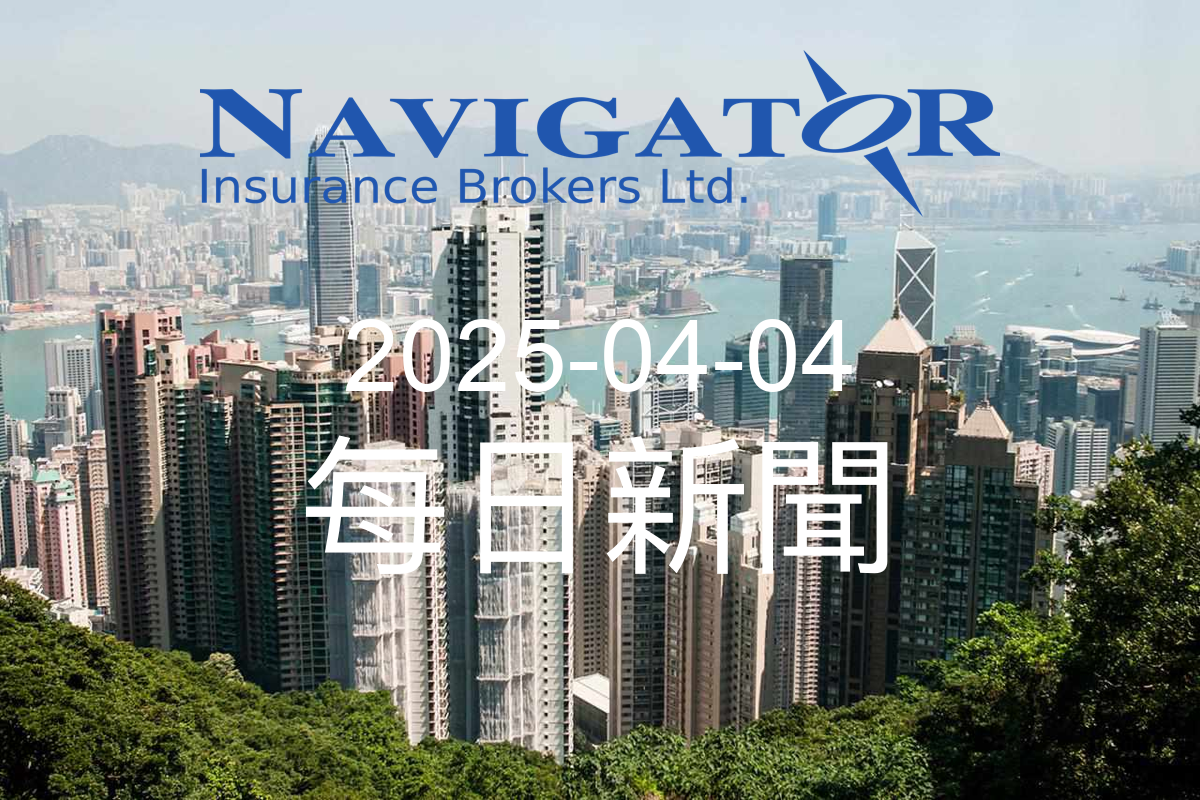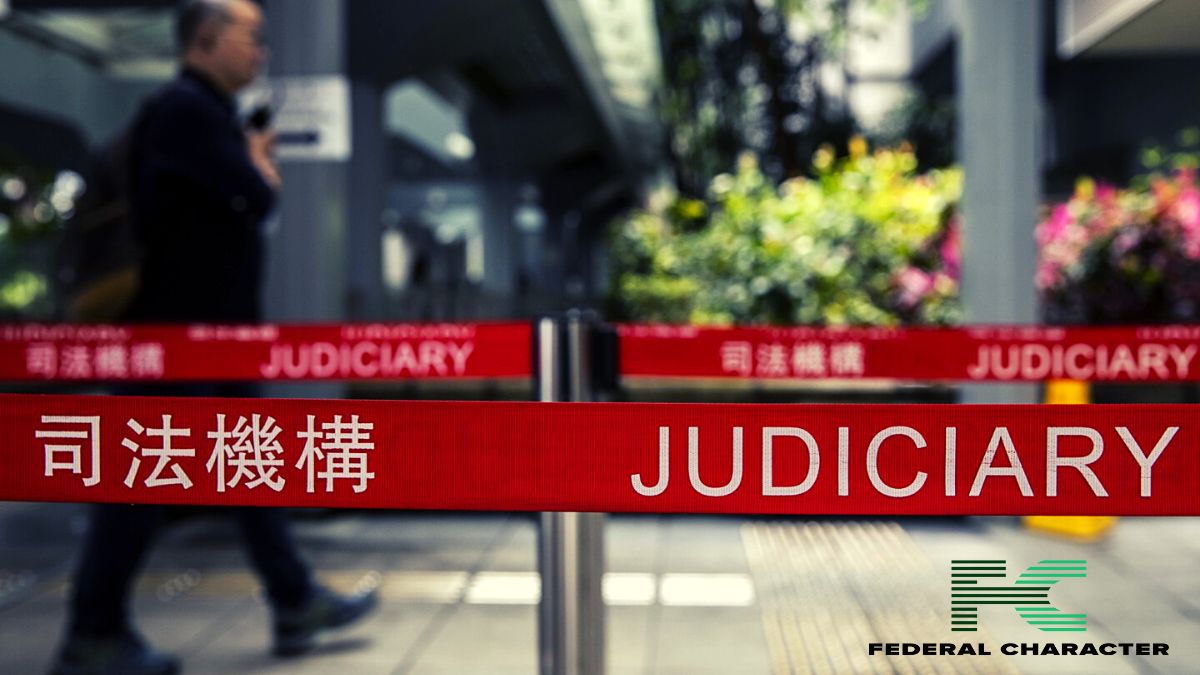Business Interruption Insurance (BII) is a critical safeguard for Hong Kong businesses, covering lost income and expenses when operations are disrupted by unforeseen events like fires, natural disasters, or civil unrest. In a city prone to typhoons and economic volatility, this insurance helps businesses stay afloat during recovery periods.
What is Business Interruption Insurance?
This insurance compensates businesses for income lost during forced closures due to covered perils. In Hong Kong, it’s often bundled with property insurance but requires separate consideration.
- Covered Events: Includes fires, floods, typhoons, and sometimes civil commotion (varies by policy).
- Income Protection: Replaces lost revenue based on pre-disruption financial records.
- Time Frame: Coverage typically applies until operations resume or the indemnity period ends (e.g., 12 months).
Unlike property insurance, BII focuses on financial stability, not just physical damage. Always verify triggers with your insurer.
Why Do I Need It in Hong Kong?
Hong Kong’s dense urban environment and exposure to natural and man-made risks make BII essential for continuity planning.
- Typhoon Risks: Annual storms like Mangkhut (2018) caused widespread closures and revenue losses.
- Civil Unrest: Protests in 2019–2020 disrupted retail and hospitality sectors for months.
- Pandemic Fallout: COVID-19 highlighted gaps in coverage; newer policies may include optional extensions.
Even short disruptions can strain cash flow—BII bridges the gap until normal operations resume.
Key Coverage Areas
Policies vary, but most cover these core financial impacts of interruptions.
- Lost Profits: Compensates for net income based on historical earnings.
- Fixed Costs: Covers ongoing expenses like rent, salaries, and loan payments.
- Relocation: Pays for temporary premises if the original location is unusable.
- Extra Expenses: Reimburses costs to minimize disruption (e.g., overtime wages).
Review policy details to ensure alignment with your business’s financial structure.
How Premiums Are Calculated
Insurers assess multiple factors to determine your BII premium, with Hong Kong’s high-risk environment influencing costs.
- Business Size: Larger firms with higher revenues pay more due to greater exposure.
- Industry Risk: Restaurants (fire risk) pay higher premiums than consulting firms.
- Location: Flood-prone areas (e.g., Tai O) may incur added costs.
- Claims History: Past interruptions can increase premiums by 10–30%.
Cost Examples: A small retail shop might pay HK$800–HK$2,000/month, while a manufacturing plant could face HK$5,000+/month. Always compare quotes.
Common Exclusions
Not all disruptions qualify—know what’s excluded to avoid claim denials.
- Gradual Damage: Slow leaks or wear-and-tear are rarely covered.
- Voluntary Closures: Shutting down for renovations without a covered peril won’t trigger claims.
- Pandemics: Many policies exclude viruses unless added via endorsement.
Post-COVID, some insurers now offer pandemic riders—ask about optional extensions.
How Much Coverage to Expect
Coverage duration and limits vary based on policy terms and business needs.
- Typical Duration: Most policies cover 12–24 months of lost income.
- Sum Insured: Based on projected revenue; ensure it matches your financial forecasts.
- Indemnity Period: Starts from the date of disruption, not claim submission.
Work with your broker to tailor coverage to your business’s recovery timeline.
Claim Process
Prompt action and documentation are critical for successful BII claims in Hong Kong.
- Notify Insurer: Report the disruption immediately to initiate the process.
- Document Losses: Maintain records of financial impacts, including invoices and payroll.
- Submit Evidence: Provide tax returns, profit statements, and other proof of income.
Processing times vary, but thorough documentation can expedite payouts.
For Business Interruption Insurance coverage, consult Navigator Insurance Brokers—we provide various options for you to compare.



